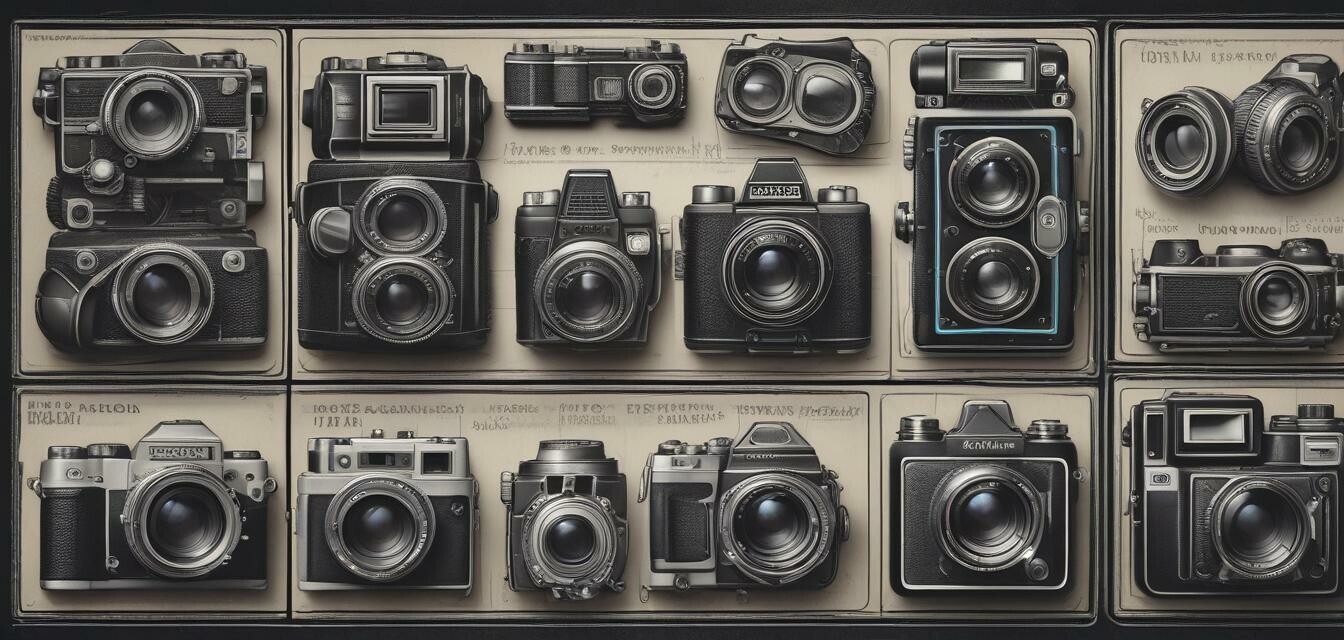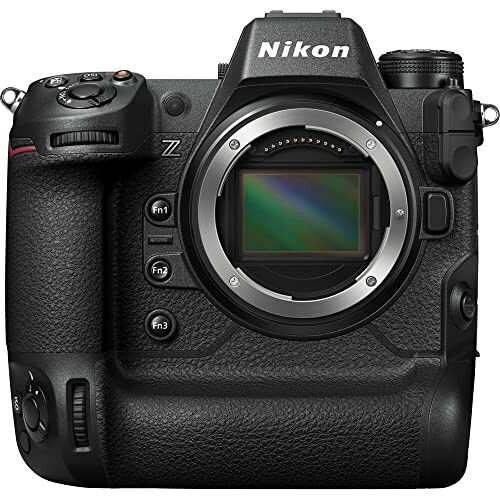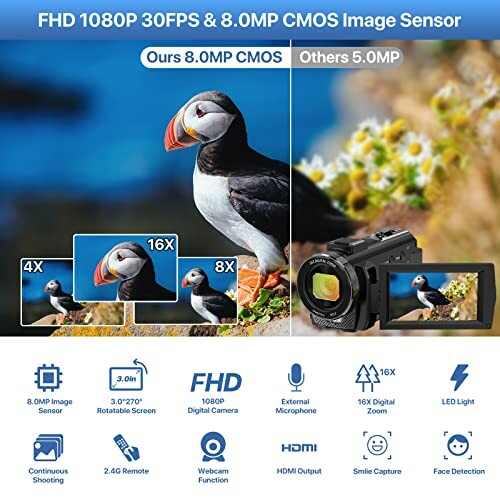
The Evolution of Camera Technology Over the Years
Key Takeaways
- Camera technology has advanced dramatically in the last decade, enhancing image quality, usability, and connectivity.
- Models differ by purpose, from DSLRs for professionals to compact cameras for casual users.
- Innovations like mirrorless technology and smartphone cameras have reshaped the market.
As photography continues to be a beloved craft and profession, it’s fascinating to observe how camera technology has evolved over the years. This article takes you through the major milestones in camera development over the past decade and how these inventions have shaped the way we capture moments.
1. Early 2000s: The Rise of Digital Cameras
In the early 2000s, digital cameras began to replace traditional film cameras. This move allowed photographers to instantly view their images and manage storage more efficiently. Canon, Nikon, and Sony introduced models with improved resolutions and user-friendly features.
Key Features of Early Digital Cameras
| Feature | Description |
|---|---|
| Image Sensor | Started with CCD sensors, offering better image quality than traditional film. |
| LCD Screens | Enabled users to preview images immediately and adjust settings on-the-go. |
| Storage Media | Utilized CompactFlash and SD cards for easy image storage and transfer. |
2. 2010-2015: The Mirrorless Revolution
A significant breakthrough during this period was the introduction of mirrorless camera systems. This format offered DSLR-like image quality without the added bulk of a traditional mirror mechanism.
Advantages of Mirrorless Cameras
- Lightweight and compact design.
- Faster autofocus capabilities.
- Seamless integration with digital editing software.
Nikon Z9 Flagship Professional Full-Frame Mirrorless Camera
Discover the advanced features of the Nikon Z9, including exceptional low-light capabilities and fast autofocus technology.
Learn More3. 2015 Onwards: The Smartphone Impact
The evolution of smartphone technology has changed photography forever. Brands like Apple and Samsung have incorporated powerful camera features, making it easier for everyday users to capture high-quality images.
Impact of Smartphone Cameras
- Accessibility: Almost everyone now has a high-quality camera in their pocket.
- Editing Apps: Users can now edit and share photos instantly.
- Social Media: Platforms like Instagram have propelled trends in photography.
Video Camera for YouTube Vlogging
Perfect for beginners, featuring high-definition recording and a versatile design for vlogging.
Explore Now4. Current Trends: A Focus on Connectivity
Today, cameras are more than just devices for capturing images; they are smart, connected tools. Wi-Fi, Bluetooth, and cloud integration are common in modern camera models, enabling photographers to quickly share their work.
Current Features to Look For
| Camera Type | Notable Features |
|---|---|
| DSLR Cameras | Advanced autofocus systems, high burst rates, and large sensor sizes. |
| Mirrorless Cameras | Live image view, electronic viewfinders, and superior video capabilities. |
| Action Cameras | Compact and durable with high-resolution capability and stabilization technologies. |
Conclusion
The evolution of camera technology reflects a broader trend towards accessibility and convenience in photography. As technology continues to advance, we can expect to see even more innovative features that change how we capture and share our world.
Tips for Staying Updated on Camera Technology
- Follow industry news on platforms like News and Trends.
- Join photography forums and communities for the latest product discussions.
- Test out new models at local retailers to find the best fit for your needs.

